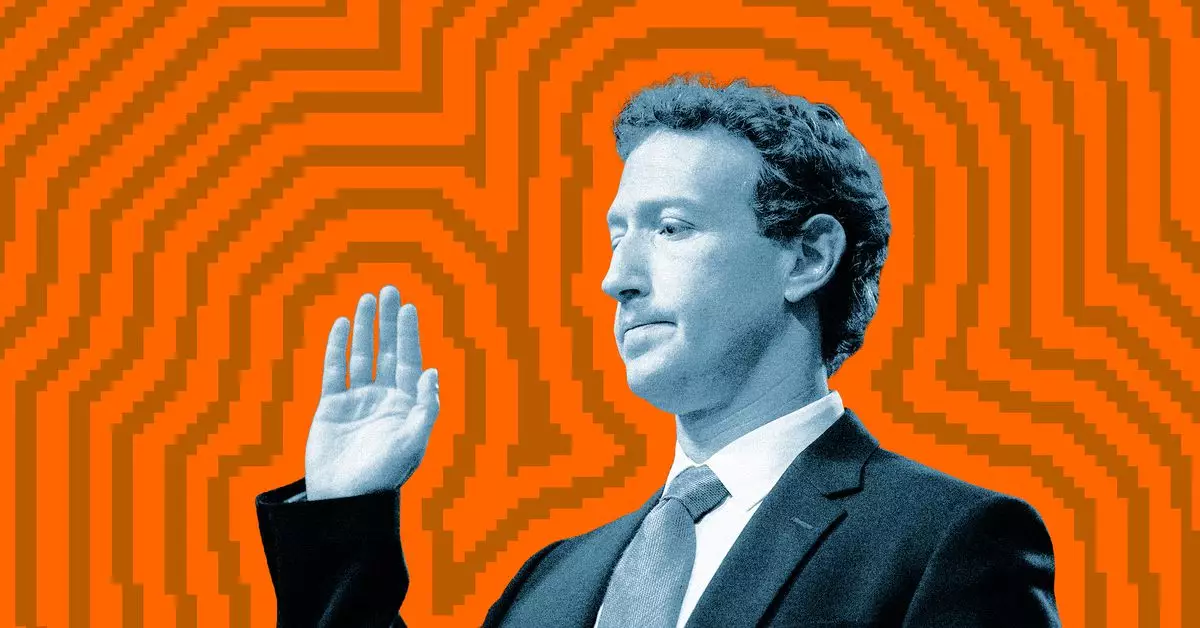In the rapidly evolving landscape of technology and politics, the recent meeting between Meta CEO Mark Zuckerberg and President-elect Donald Trump at Mar-a-Lago has sparked a significant conversation about the future of American innovation. This encounter highlights the intricate web of relationships that exist between major tech figures and political leaders, raising questions about accountability and the moral implications of these interactions.
The Implications of the Meeting
Zuckerberg’s dinner with Trump is not just a casual gathering; it signifies a potential shift in the dynamics of how technology companies engage with political power. It emerges at a time when tech leaders are under immense scrutiny for their roles in electoral processes and the implications of their platforms on democracy. The statement from Meta spokesperson Andy Stone implies that this meeting could be pivotal for shaping policies that affect innovation within the United States. However, it also opens the door to criticisms regarding the ethical responsibilities of tech CEOs in political advocacy.
Accountability in the Tech Industry
The meeting comes on the heels of ongoing criticism directed at Zuckerberg for Facebook’s involvement in the controversies surrounding the 2020 presidential election. Critics, including political analysts and media outlets, argue that Facebook’s algorithms and policies have the potential to manipulate voter behavior, thus questioning the platform’s role as a facilitator of democratic processes. By suggesting that Zuckerberg “should be jailed” for his company’s significant influence, the ongoing discourse emphasizes the necessity for accountability in tech governance. With leaders like Zuckerberg engaging directly with political figures, the need for transparency becomes even more pronounced.
While it is clear that partnerships between tech leaders and politicians can foster an environment conducive to innovation, they also pose potential risks. The dinner represents not only an opportunity for dialogue but also a temptation for compromise where technology may sway towards serving political needs rather than the public good. As leaders in the tech sector navigate these relationships, they must strike a delicate balance between innovation-driven goals and preserving ethical standards.
Public perception plays a crucial role in shaping the relationship between technology companies and the political realm. With growing skepticism regarding both big tech and political leaders, how these meetings are framed in the media can affect public trust. Zuckerberg, as one of the most recognizable figures in tech, carries the burden of public expectation. Stakeholders from various sectors, including consumers and investors, are closely watching how these interactions unfold and their consequences on the broader societal framework.
The interaction between Zuckerberg and Trump serves as a microcosm of the larger narrative at play between technology and politics. As the world watches, it is imperative for tech leaders to engage in these dialogues responsibly and ethically, ensuring that the future of innovation in America prioritizes integrity alongside advancement. The available evidence suggests that this meeting may have far-reaching implications that extend beyond mere conversation, necessitating continuous reflection on the role of technology in democratic society.

